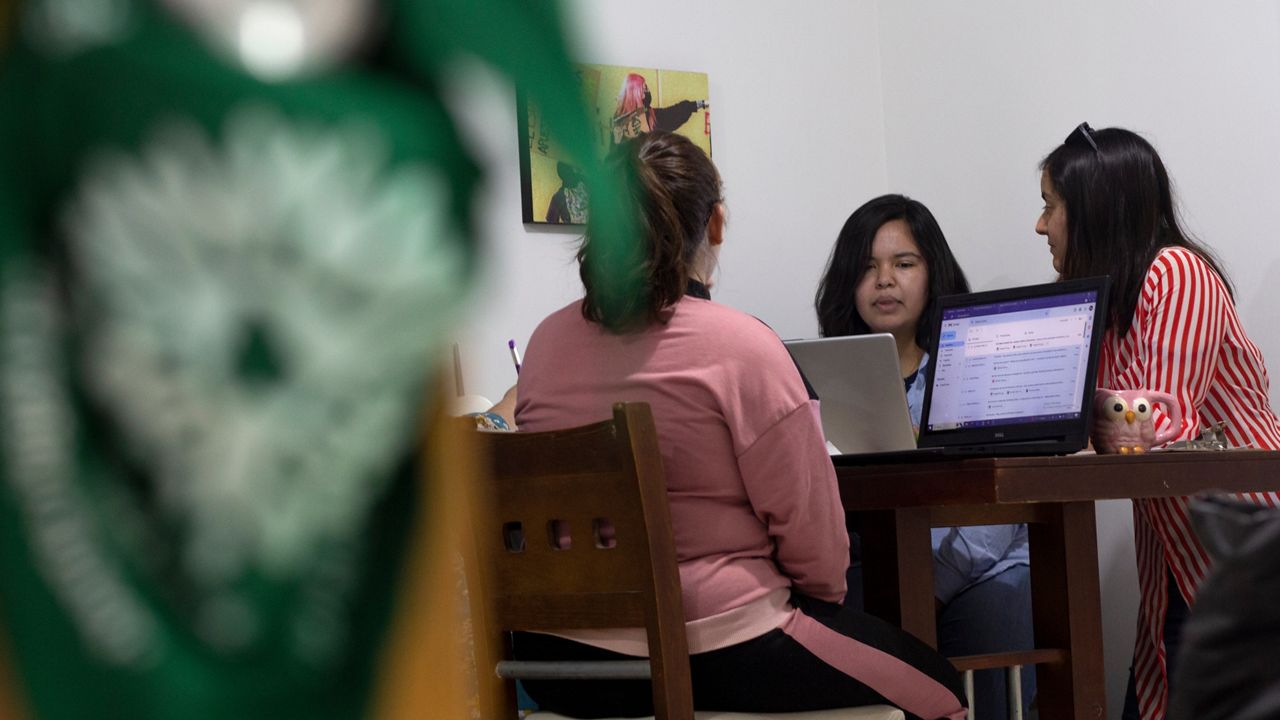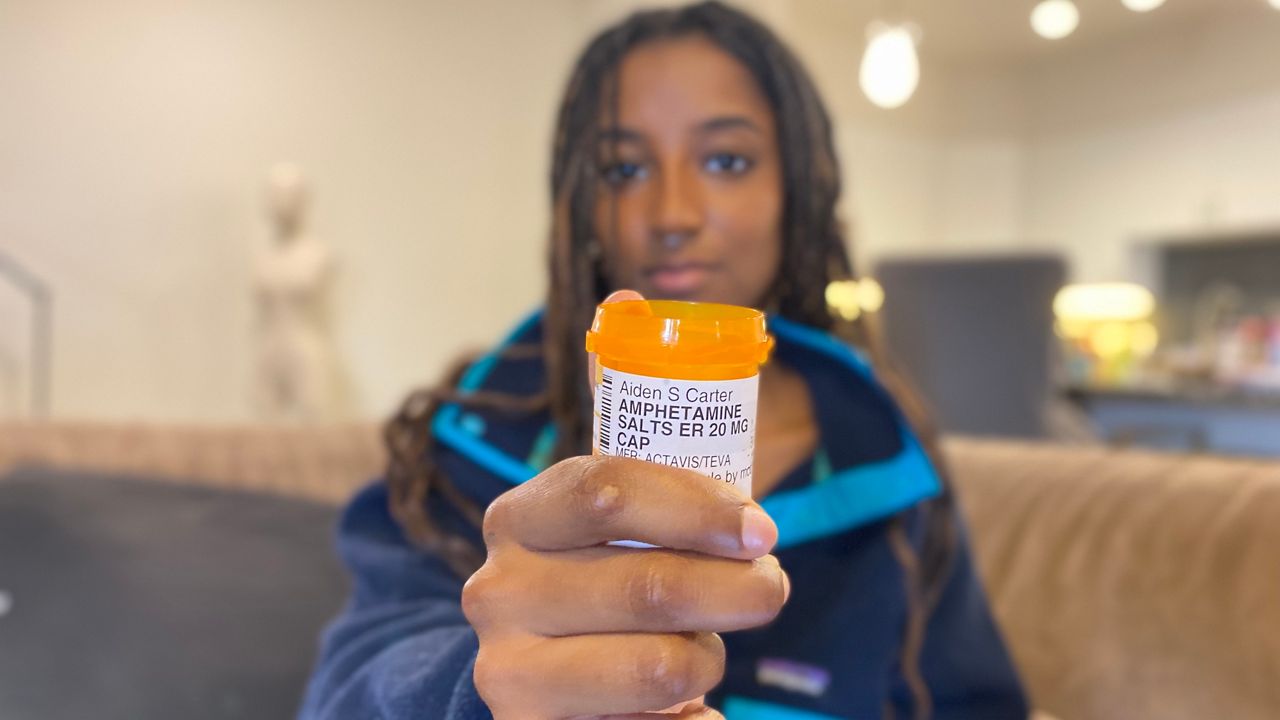AUSTIN, Texas — Transplant tourism — the idea of going to countries like China or Pakistan to shop for an organ on the black market — is the target of Senate Bill 1040 this session.
Organ donation is regulated in the United States by UNOS, the United Network for Organ Sharing. Countries like China, however, have no such regulation, and the alleged forcible removal of the organs of executed political prisoners in the country’s re-education campus generates an estimated $1 billion a year for the government.
“Senate Bill 1040 will not stop this practice,” Kolkhorst said when she laid out the bill in Senate Health & Human Services. “But it will make a very strong statement from Texas that the monies that can be controlled will not go to pay and proliferate this practice.”
At one time, Houstonian Crystal Chen was one of those political prisoners, sentenced to four-and-a-half years of hard labor because she would not renounce the meditation practice of Falun Gong.
“Falun Gong is a traditional Chinese meditation practice,” Chen said at a press conference at the Capitol this week. “It combines gentle exercises to improve health with the teaching of truthfulness, compassion and forbearance.”
An estimated 70 million people practice Falun Gong in China, but the country’s totalitarian regime considers Falun Gong to be a threat to its political power, Chen said. It’s the reason Chen was sentenced to a labor camp, where she faced both regular torture and systematic blood testing.
“These tests were not for our well-being because we were also being severely tortured,” Chen said. “Later, I learned that these tests were necessary to establish a huge bio database to organ match.”
Falun Gong practitioners don’t smoke, and they exercise daily, Chen said. That made these political prisoners highly prized in the growing black market for organ donations.
Rep. Salmon Bhojani, D-Euless, is one of the first two Muslims elected to the Texas House. Uyghur Muslims are among the groups being imprisoned for their beliefs in China.
“We must do everything in our power to stop these injustices from the Chinese government and stand up for the relief, freedom and safety of the Uyghur Muslim community in China.”
In 2019, an independent tribunal confirmed the forced organ removal of China’s imprisoned population, creating a transplant tourism market where major organs can be produced within weeks rather than years, Bhojani said.
“Over 10,000 people are on the organ transplant waiting list in Texas alone,” Bhojani said. “In desperations, some make the unconscionable choice to buy organs on the black market, putting the lives of the forced donor and the recipient at risk.”
Senate Bill 1040 would be a first step in preventing that exploitation, Bhojani said.
“We must prevent Texans for becoming unknowingly complicit in this crime,” Chen said. “We look forward to the end of the illicit transplant tourism and forced organ harvesting in China.”









